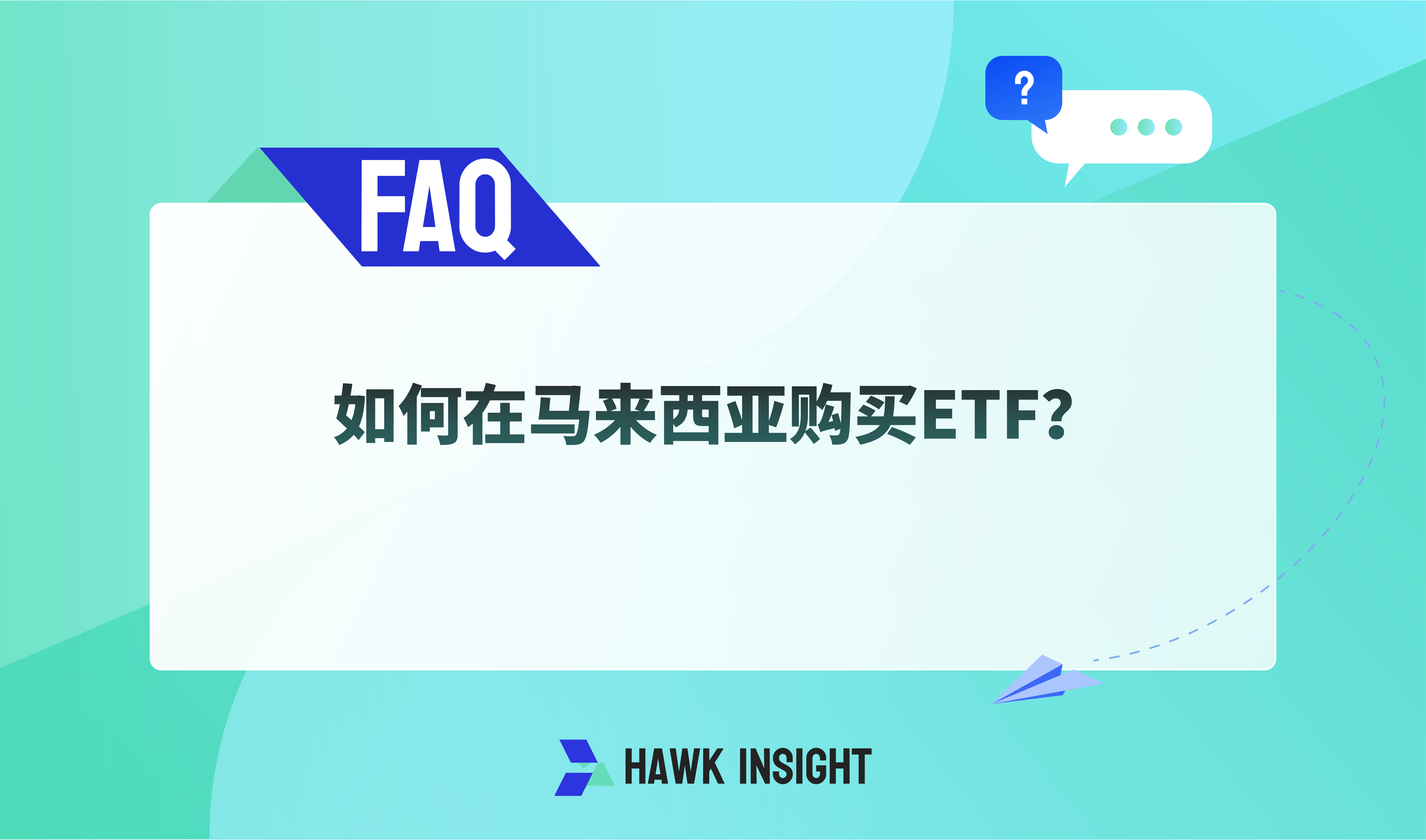What Is an ETF?
An exchange-traded fund, or ETF, is an investment vehicle traded on stock exchanges, like stocks, where you can invest in multiple assets at once. What does that mean? Let’s break it down.
How ETFs Work
ETFs are baskets of securities, like stocks, bonds, or commodities, that track a specific index or strategy. They provide investors with a convenient and cost-effective way to diversify their portfolios and gain exposure to a variety of assets at once.
Unlike mutual funds, ETFs are traded throughout the trading day, just like stocks. This allows investors to buy and sell their shares at any time during market hours, giving them more control over their investments.
Advantages of ETFs
ETFs offer several advantages over other investment vehicles, including:
-
Diversification: ETFs provide built-in diversification, spreading your investments across multiple assets. This helps reduce your overall risk, as the performance of one asset is less likely to impact your entire portfolio.
-
Cost-effectiveness: ETFs generally have lower fees than actively managed mutual funds, making them more cost-effective for investors.
-
Transparency: ETFs are required to disclose their holdings daily, providing investors with full transparency into their investments.
-
Tax efficiency: ETFs are typically more tax-efficient than mutual funds, as their capital gains are distributed to investors on a regular basis.
Disadvantages of ETFs
While ETFs offer many benefits, there are a few potential drawbacks to consider:
-
Market risk: All investments carry some level of risk, and ETFs are no exception. The value of ETFs can fluctuate with the market, so it’s important to understand this before investing.
-
Trading fees: While ETFs have lower fees than mutual funds, there may still be trading fees associated with buying and selling shares.
-
Liquidity risk: Some ETFs may have lower trading volumes, which can make it difficult to buy or sell shares quickly at a fair price.
What is an ETF?
If you’re new to the world of investing, you may have come across the term “ETF” and wondered what it means. An ETF, or exchange-traded fund, is a type of investment fund that tracks a basket of assets, such as stocks, bonds, or commodities. ETFs are traded on stock exchanges, just like stocks, and they offer a number of advantages over traditional mutual funds, including lower costs, greater transparency, and more flexibility.
How ETFs Work
ETFs are created by investment companies that pool together a large amount of money from investors. This money is then used to purchase the underlying assets that the ETF tracks. The ETF’s shares are then sold to investors on the stock exchange.
The price of an ETF’s shares will fluctuate throughout the day, just like the price of a stock. The ETF’s price will track the performance of the underlying assets, so if the value of the underlying assets goes up, the price of the ETF’s shares will also go up. Conversely, if the value of the underlying assets goes down, the price of the ETF’s shares will also go down.
Benefits of ETFs
ETFs offer a number of benefits over traditional mutual funds, including:
- **Lower costs:** ETFs typically have lower expense ratios than mutual funds, which means that more of your money is invested in the underlying assets and less is going to fees.
- **Greater transparency:** ETFs are required to disclose their holdings on a daily basis, which provides investors with greater transparency into what they’re investing in.
- **More flexibility:** ETFs can be bought and sold throughout the trading day, just like stocks, which gives investors more flexibility in managing their investments.
Risks of ETFs
ETFs are subject to market risk, which means their prices can fluctuate. The value of an ETF’s shares can go up or down, depending on the performance of the underlying assets. Other risks associated with ETFs include:
- **Tracking error:** ETFs are designed to track the performance of a specific index or basket of assets. However, there can be some tracking error, which is the difference between the ETF’s performance and the performance of the underlying assets.
- **Liquidity risk:** ETFs are traded on stock exchanges, but they may not be as liquid as some other types of investments, such as stocks or bonds. This means that it may be difficult to sell your ETF shares quickly at a fair price.
- **Currency risk:** ETFs that invest in foreign assets are subject to currency risk, which is the risk that the value of the foreign currency will fluctuate against the value of the U.S. dollar.
- **Concentration risk:** Some ETFs invest in a narrow range of assets, which can increase the risk of the ETF’s share price fluctuating significantly.
- **Leverage risk:** Some ETFs use leverage, which is borrowed money, to amplify their returns. This can increase the risk of the ETF’s share price fluctuating significantly.

No responses yet